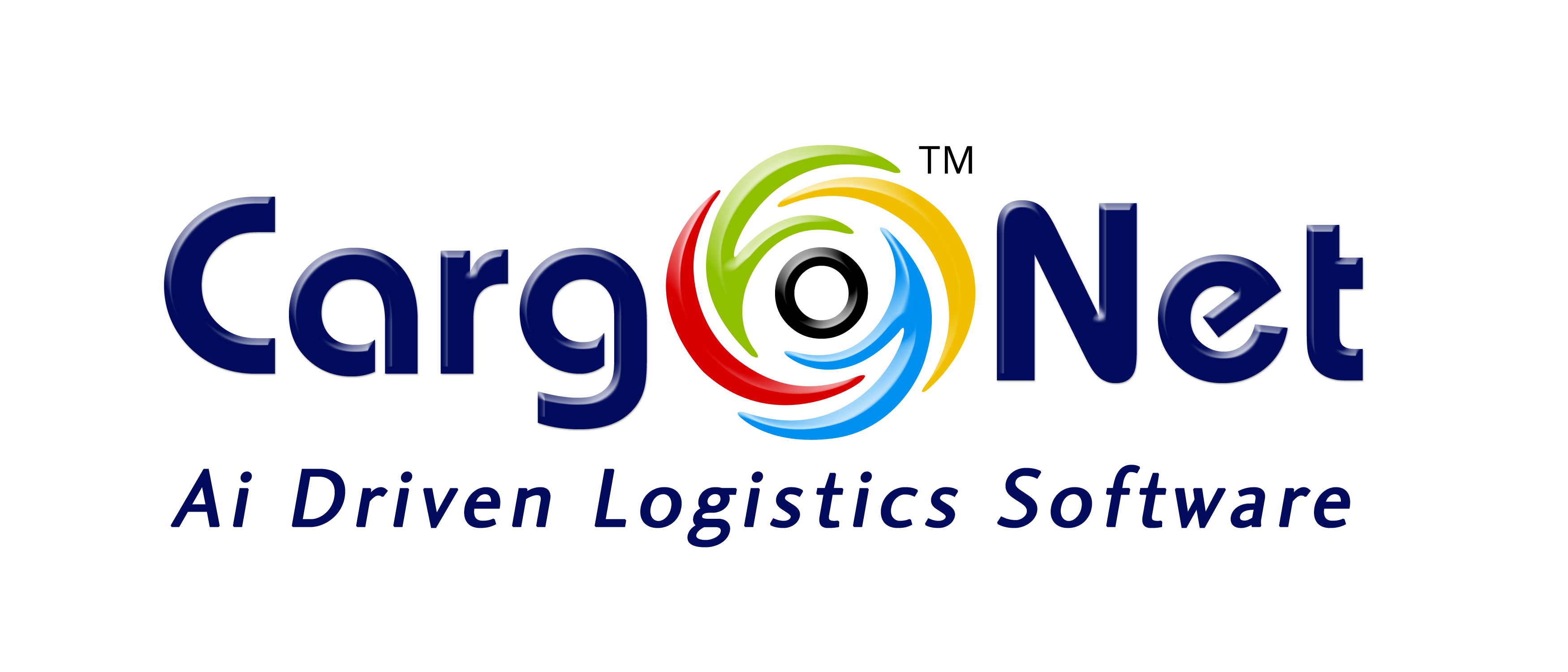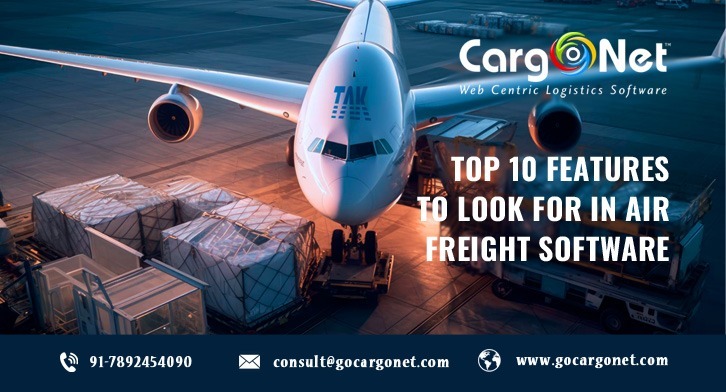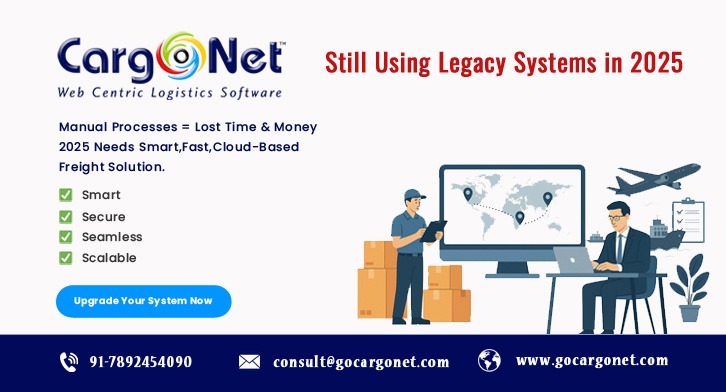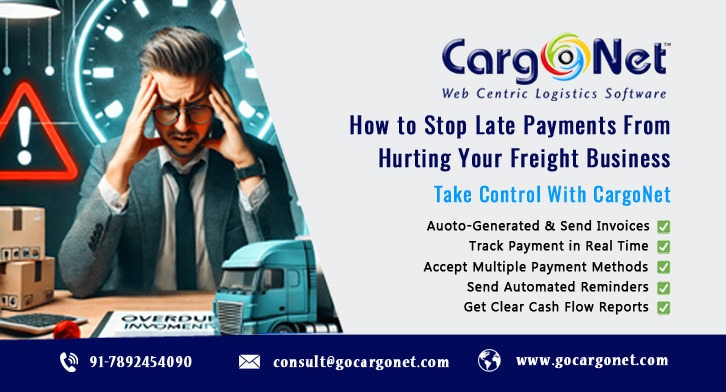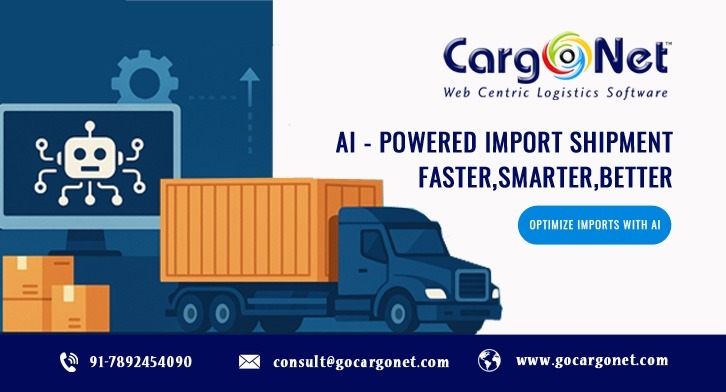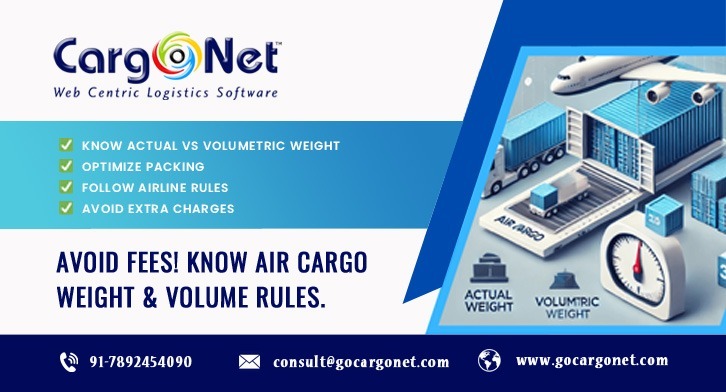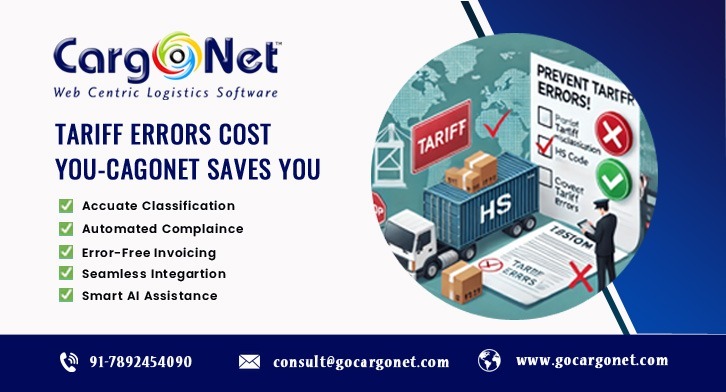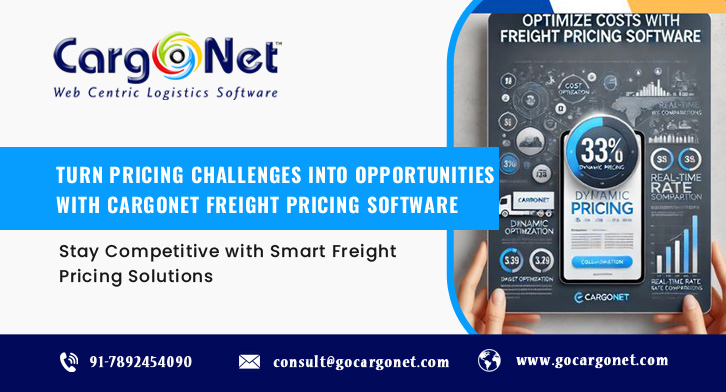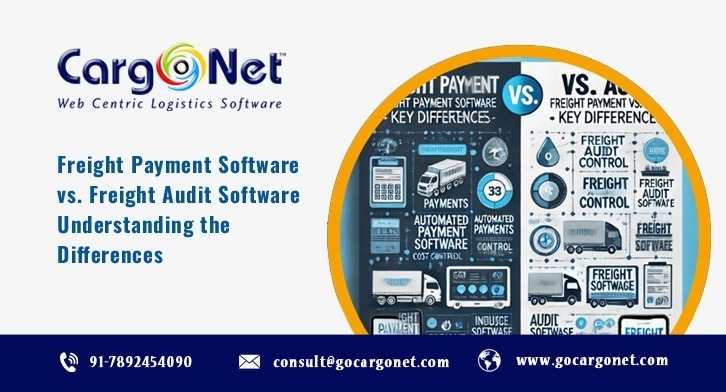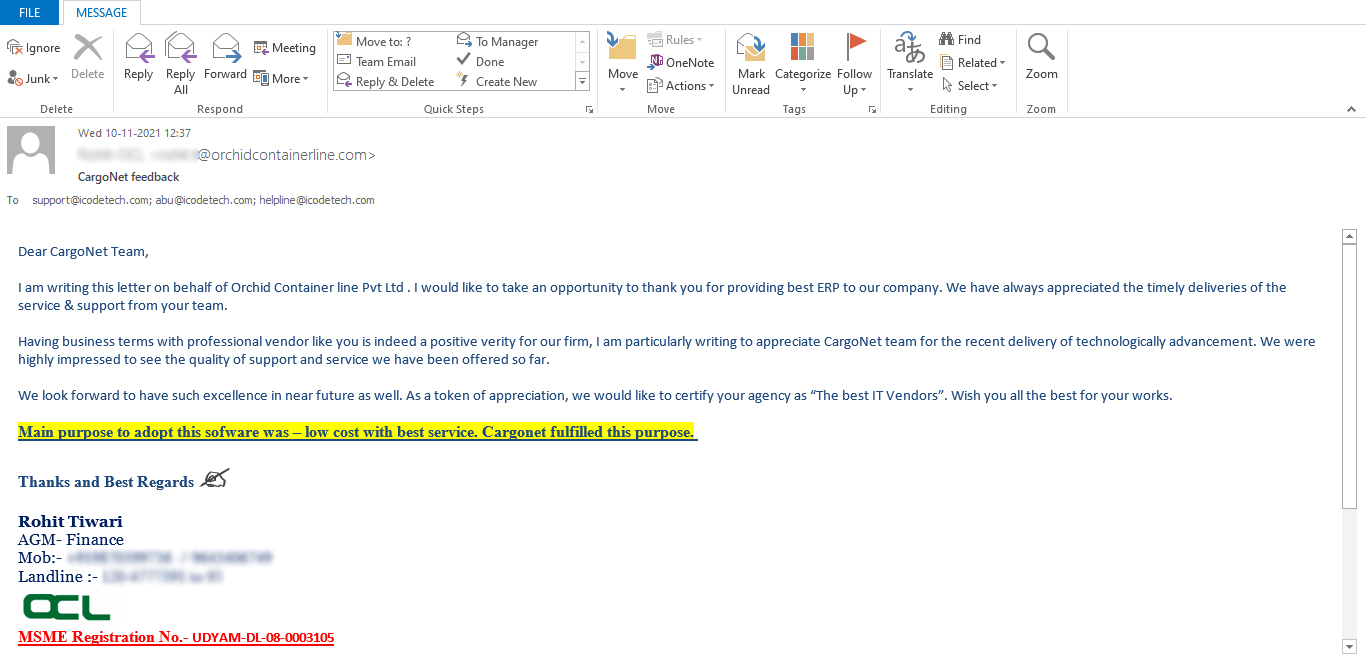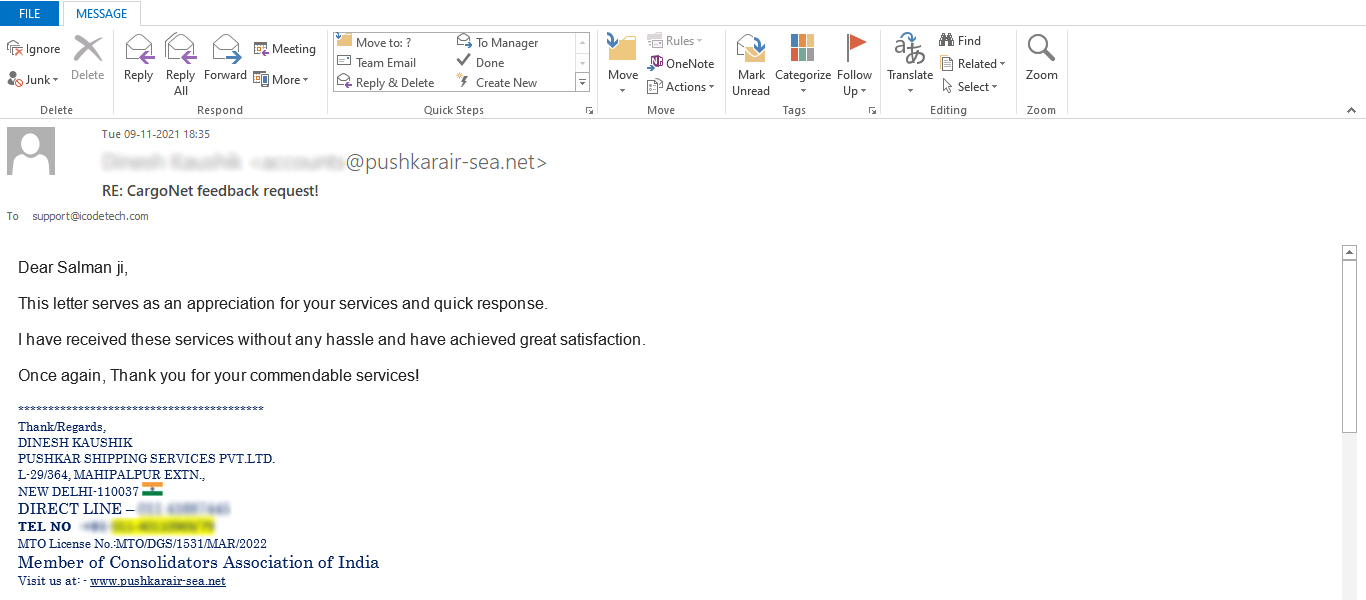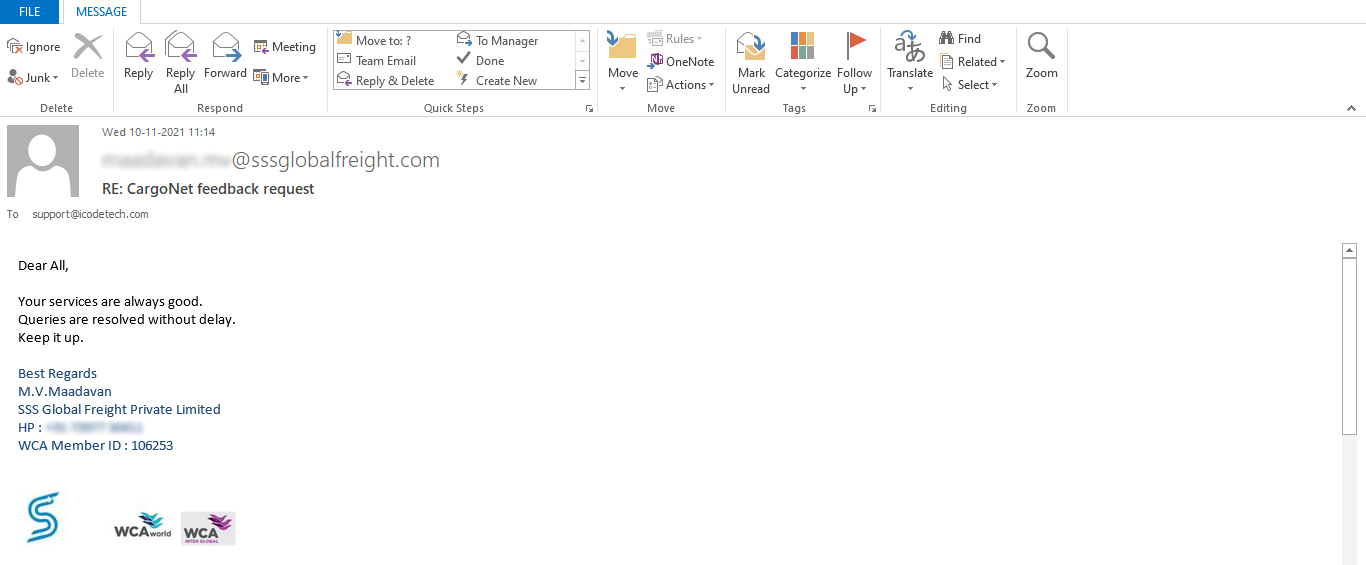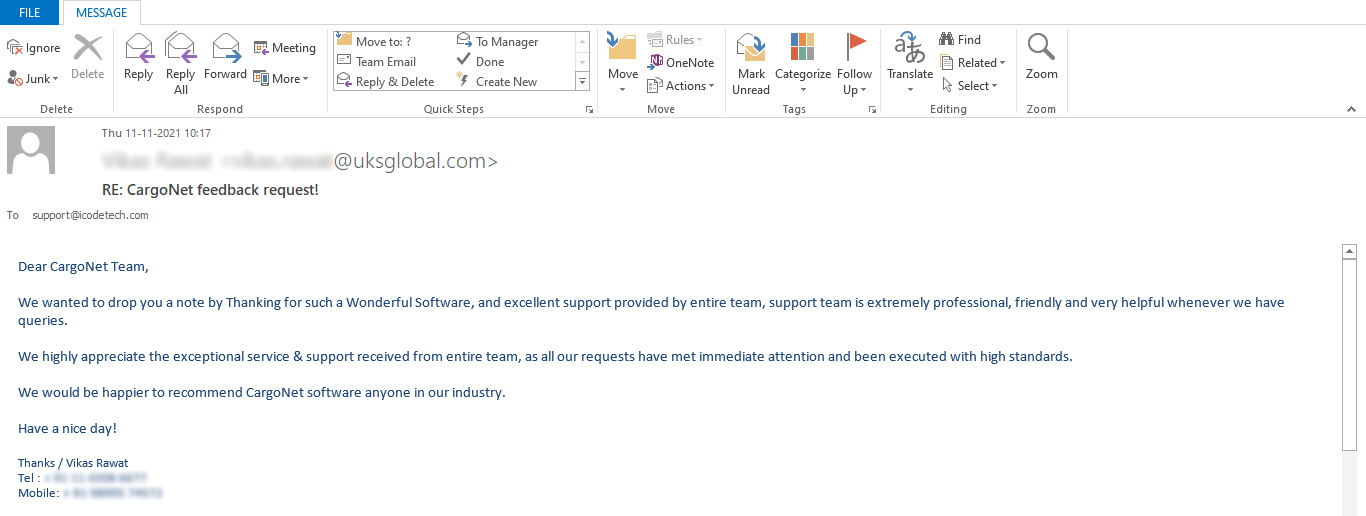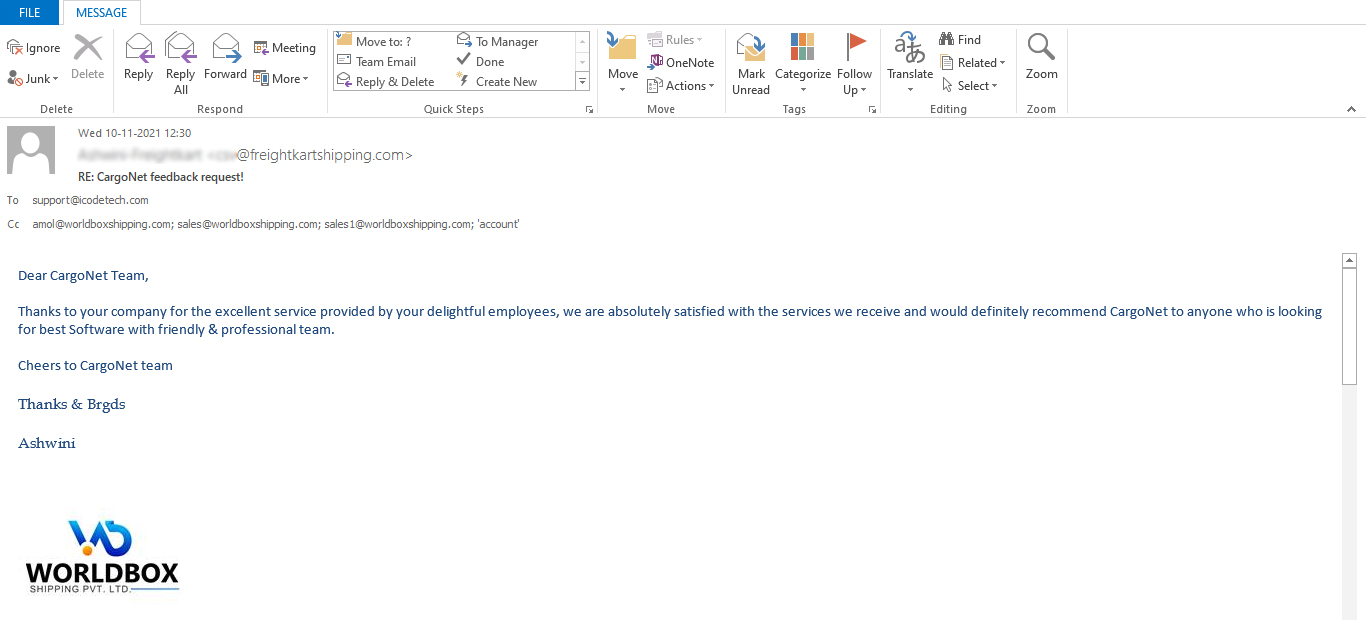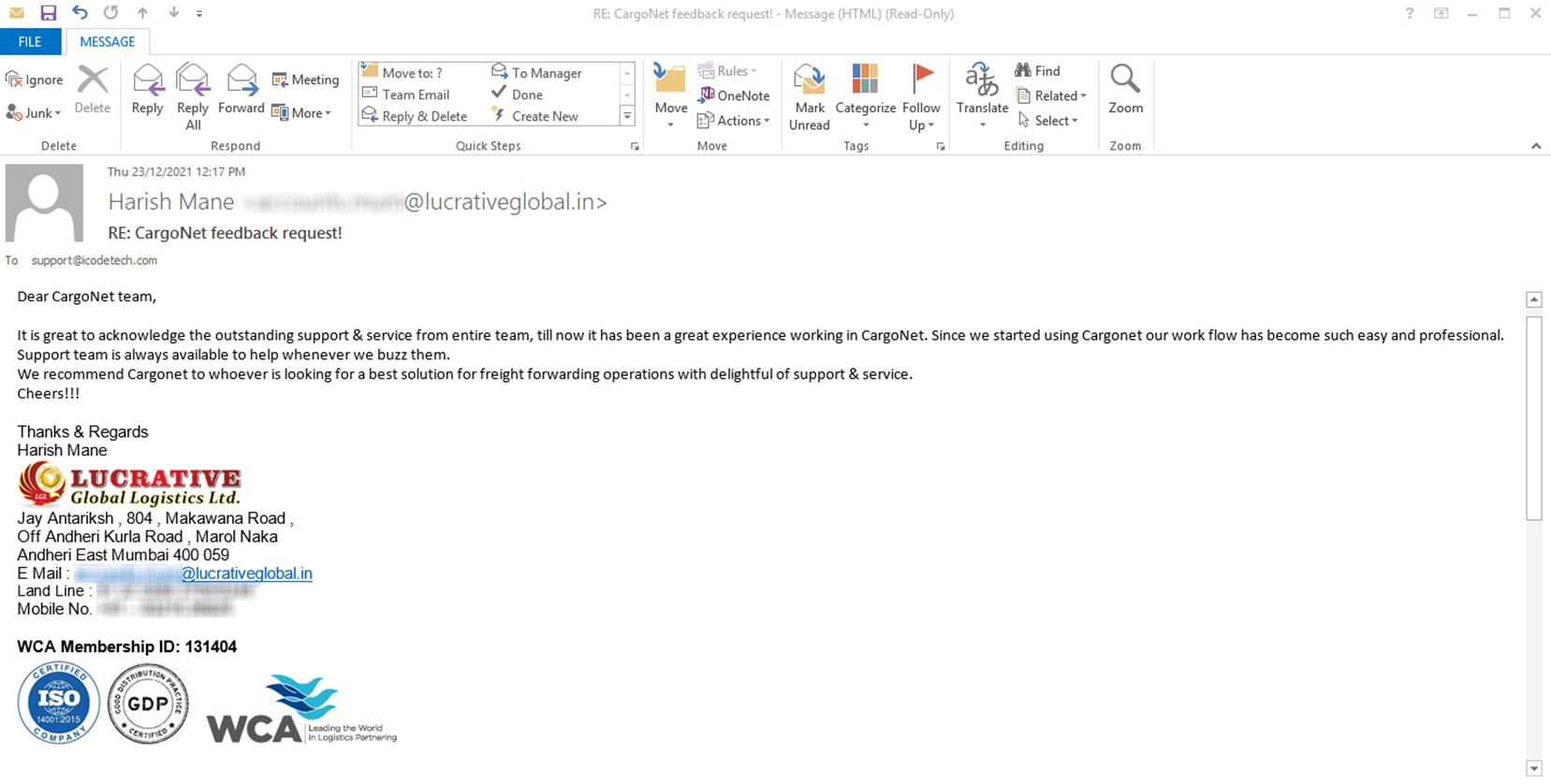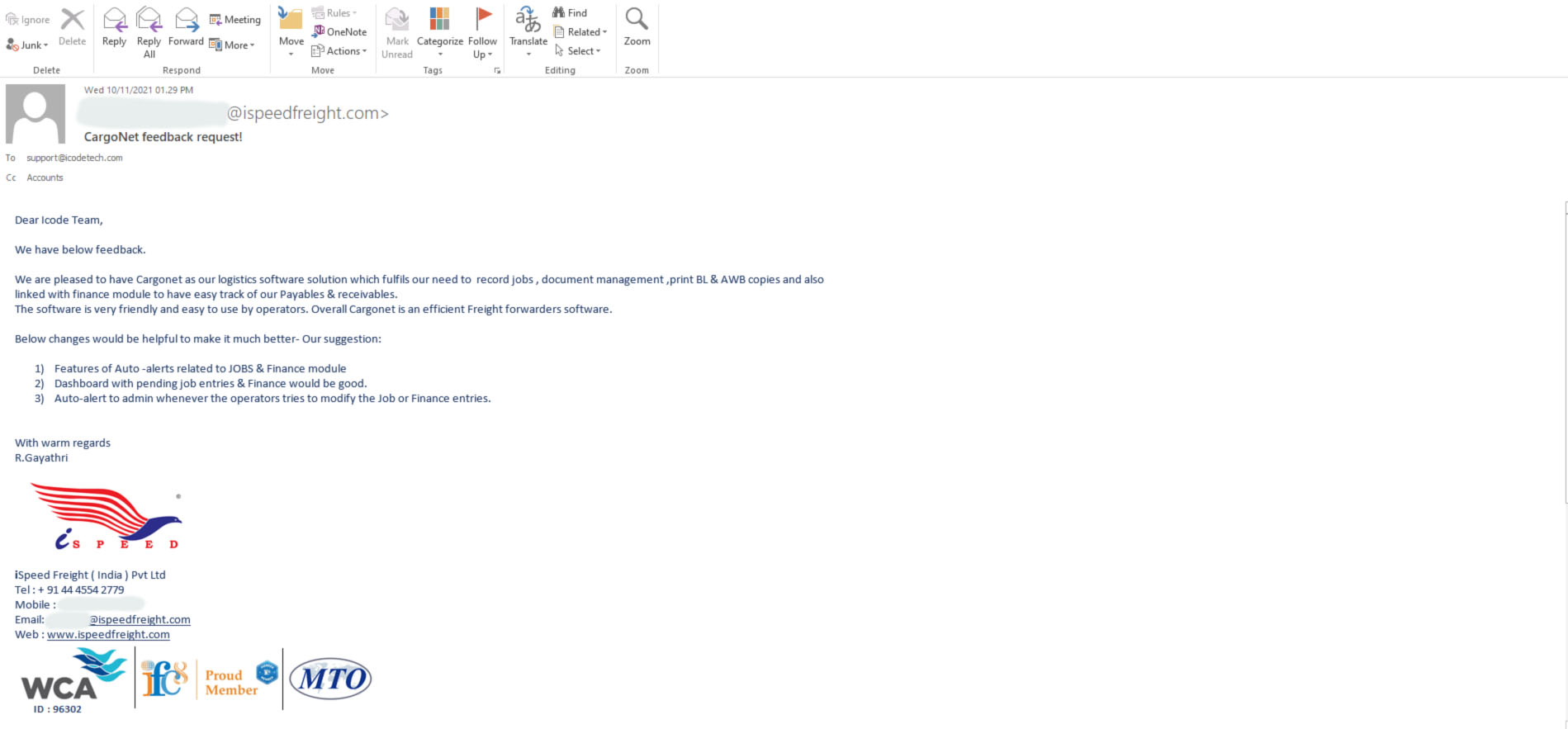How Do Freight Forwarders Handle Multi-Currency Payments? CargoNet Has the Answer!
Managing the Bill of Lading (BOL) is a vital yet complex task in global shipping, requiring attention to detail and compliance with regulations. A BOL is more than just a shipping document—it’s a legal contract between the shipper and the carrier. Mismanaging it can result in costly delays, fines, and even legal issues. CargoNet’s Bill of Lading software is designed to streamline this critical process, improving efficiency and reducing the risk of human error. In this blog, we’ll break down the complexities of the BOL and demonstrate how CargoNet simplifies its management.
Did You Know? Without a reliable multi-currency system, freight businesses can lose up to 5% of revenue due to exchange rate fluctuations and manual conversion errors.
CargoNet is built for freight forwarders who need seamless multi-currency transactions. Whether you’re invoicing a client in euros, paying a supplier in US dollars, or tracking expenses in AED, CargoNet automates everything in real time. With live exchange rate updates and seamless financial tracking, you can focus on growing your business without currency-related stress.
Why Do Freight Forwarders Need Multi-Currency Support?
The logistics industry operates globally, making a multi-currency system essential. Without smart currency management, businesses face:
- Unpredictable exchange rate fluctuations that impact profit margins.
- Manual currency conversions :that lead to costly errors.
- Delayed international payments, causing cash flow disruptions.
Quick Fact: Companies using automated multi-currency management reduce transaction errors by 80%, leading to smoother operations and better profitability.
CargoNet eliminates these issues with automated, real-time solutions that keep your financial operations smooth and error-free.
How Does CargoNet Simplify Multi-Currency Transactions?
1. Real-Time Currency Conversion
Say goodbye to manual calculations—CargoNet converts currencies instantly using up-to-date exchange rates.
Ensures every transaction is accurate and transparent.
2. Live Exchange Rate Updates
CargoNet pulls the latest exchange rates automatically, so your transactions are always precise.
Set preferred exchange rate sources to maintain financial consistency.
3. Multi-Currency Invoicing & Payments
Create invoices in your client’s preferred currency with a single click.
Accept payments in multiple currencies without additional processing delays.
4. Comprehensive Financial Reports
Get real-time insights into currency trends and transaction history.
Track revenues, expenses, and profitability across multiple currencies.
5. Seamless Integration with Accounting Software
CargoNet syncs effortlessly with your existing accounting tools.
Ensures compliance with global financial regulations and standards.
Pro Tip: Using CargoNet’s automated multi-currency features can cut financial reconciliation time in half, giving your team more time to focus on core business operations.
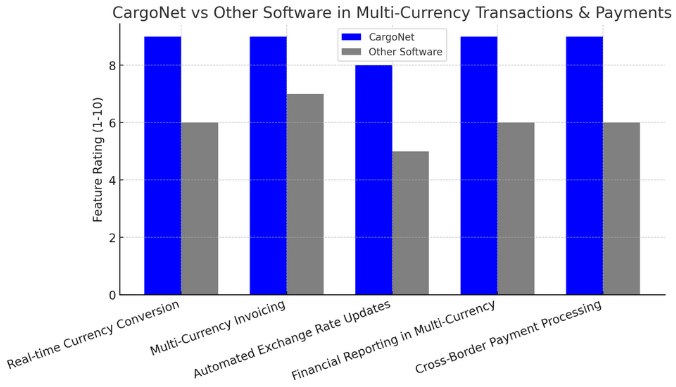
Why Freight Forwarders Choose CargoNet for Multi-Currency Management
- Better Financial Control: No more guessing exchange rates—stay ahead with real-time data.
- Time-Saving Automation:Reduce manual work and eliminate errors with smart currency conversion and invoicing.
- conversion and invoicing. Improved Cash Flow: Faster, more efficient international transactions mean fewer payment delays.
- Happier Clients & Partners: Sending invoices and receiving payments in local currencies makes business transactions smoother and more reliable.
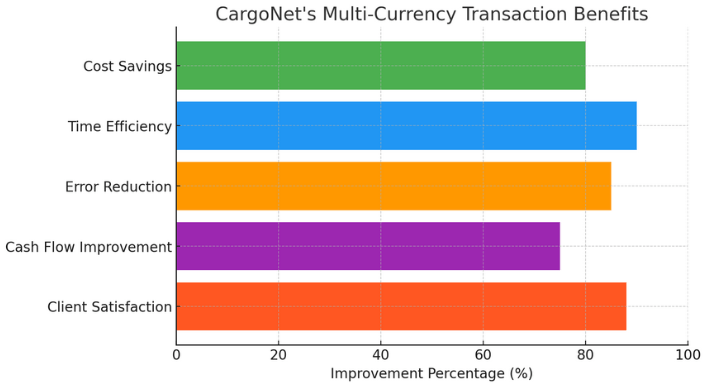
Final Thoughts: The Future of Freight Finance is Automated
Managing multiple currencies doesn’t have to be complicated. With CargoNet’s automated multi-currency support, exchange rate management, and seamless financial tracking, freight forwarders can streamline their global operations effortlessly.
Ready to simplify international transactions and avoid currency headaches? Try CargoNet today!

